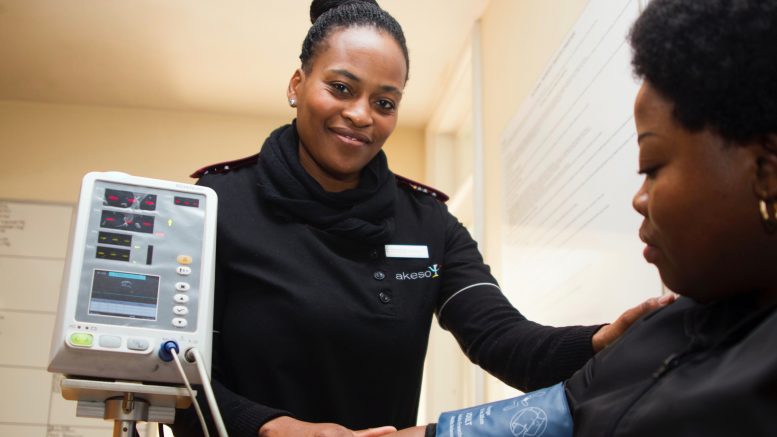April 1, 2022
Sacramento News & Review
By Reverend Tammie Denyse
Black women are 41% more likely to die of breast cancer than white women.
This fact has not changed in more than 17 years. Let that sink in.
Racial disparities within breast cancer are not new. These disturbing statistics preexisted the pandemic and are only worsening as the pandemic moves into its third consecutive year. Studies show that from March through July 2020, hospitalization rates due to COVID-19 for Black, Hispanic, and American Indian Alaska Native (AIAN) people were around five times higher than that of white people.
While breast cancer mortality rates have declined over the last few decades, sadly, Black women still carry the burden of the highest mortality rates of any racial or ethnic group. As a result, fewer Black women survive or live well beyond their initial diagnosis of breast cancer.
It’s disturbingly clear that equitable access to quality health care is more important now than ever. I am disheartened that the California Department of Health Care Services (DHCS) would choose now, of all times, to reduce the number of managed care plans in Sacramento from five to just two. This new policy will displace hundreds of thousands of Medi-Cal beneficiaries and only create further instability to the health of our community. Vulnerable patients, including those we serve within the Carrie’s TOUCH network, rely on affordable, patient-centered, breast cancer treatment. Uninterrupted access to doctors and oncologists enables patients to establish and maintain trusting relationships that are crucial to patient compliance and continuity of care.
As someone who works directly with patients and survivors daily, and as a survivor myself, I make it a priority to be aware of the challenges my fellow breast cancer survivors face. It is deeply disconcerting that one of the largest challenges is access to quality, equitable and sustainable health care. I see first-hand how racial disparities in health care deprive Black women of the opportunity to survive and live well. It is more important now than ever to close the inequality gaps in health care.
I can assure you that having breast cancer is stressful enough in “normal times” – and the times we’re currently living in are anything but “normal.” Americans are scared. Californians are scared. Sacramentans are scared. So, naturally, our communities are scared. Navigating uncertain times with an uncertain diagnosis and inadequate health care leaves patients overwhelmed, stressed and without hope. Women often ask, “How do I survive?” ; “Is it safe to go into my oncologist’s office? ; “Should I continue my cancer treatment?” These conversations are difficult, largely because we don’t have answers that can comfort them.
What we can do is encourage Black women with breast cancer through consistent support and empowerment. We also encourage women to do their part in obtaining proper breast screenings at the appropriate age. Acknowledging the importance of early detection of breast cancer increases the possibility of survivorship. However, access barriers such as changes in Medi-Cal plans will exacerbate existing delays in preventive breast cancer care. Delays in care are detrimental for the patient, leading to more advanced stages of the disease and higher mortality rates.
These types of actions by state agencies leave precious lives at stake. This is unacceptable.
These reasons and more are why patients – and the community-based organizations who advocate on their behalf – must be part of decision-making conversations that impact care, like the very one DHCS recently made. Decisions were made without input from patients and stakeholders. If given the option – Carrie’s TOUCH would have expressed our disapproval of this policy change and the harm it will cause to patients. Particularly those battling breast cancer, this change will put their health in jeopardy by losing access to their established health providers – all during a pandemic.
Are county health officials aware of the complexities that arise when patients navigate a public health crisis without proper access to care? Insensitive decisions such as these are equivalent to a stranger managing your household budget without your input.
We were silenced in this decision; we implore that you hear us now. This policy is deeply disturbing, and we want a seat at the table to create a better solution to achieving equitable care. We ask that DHCS rescind this policy and engage with local communities to develop a solution that avoids the disruption of care the current proposal will cause for Medi-Cal recipients.
Reverend Tammie Denyse is a 17-year breast cancer survivor; co-founder and president of Carrie’s TOUCH.
